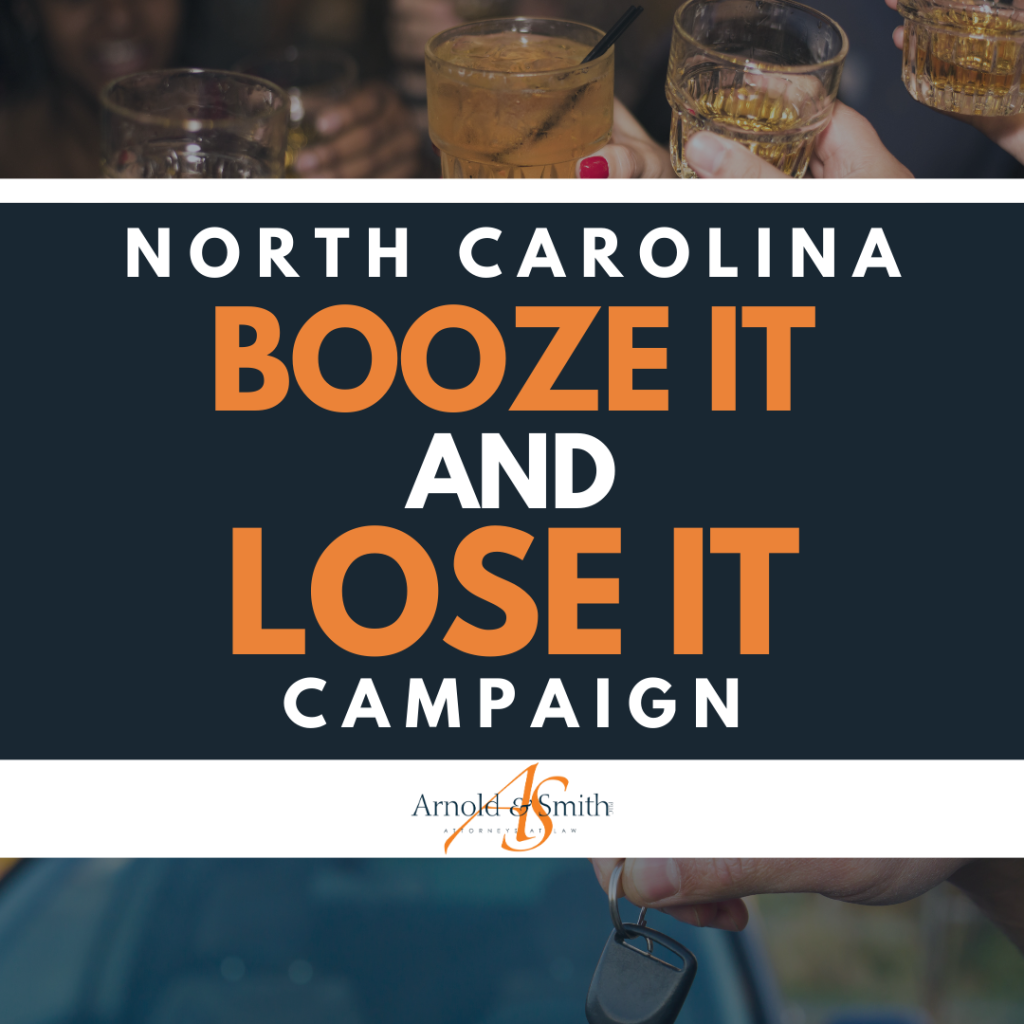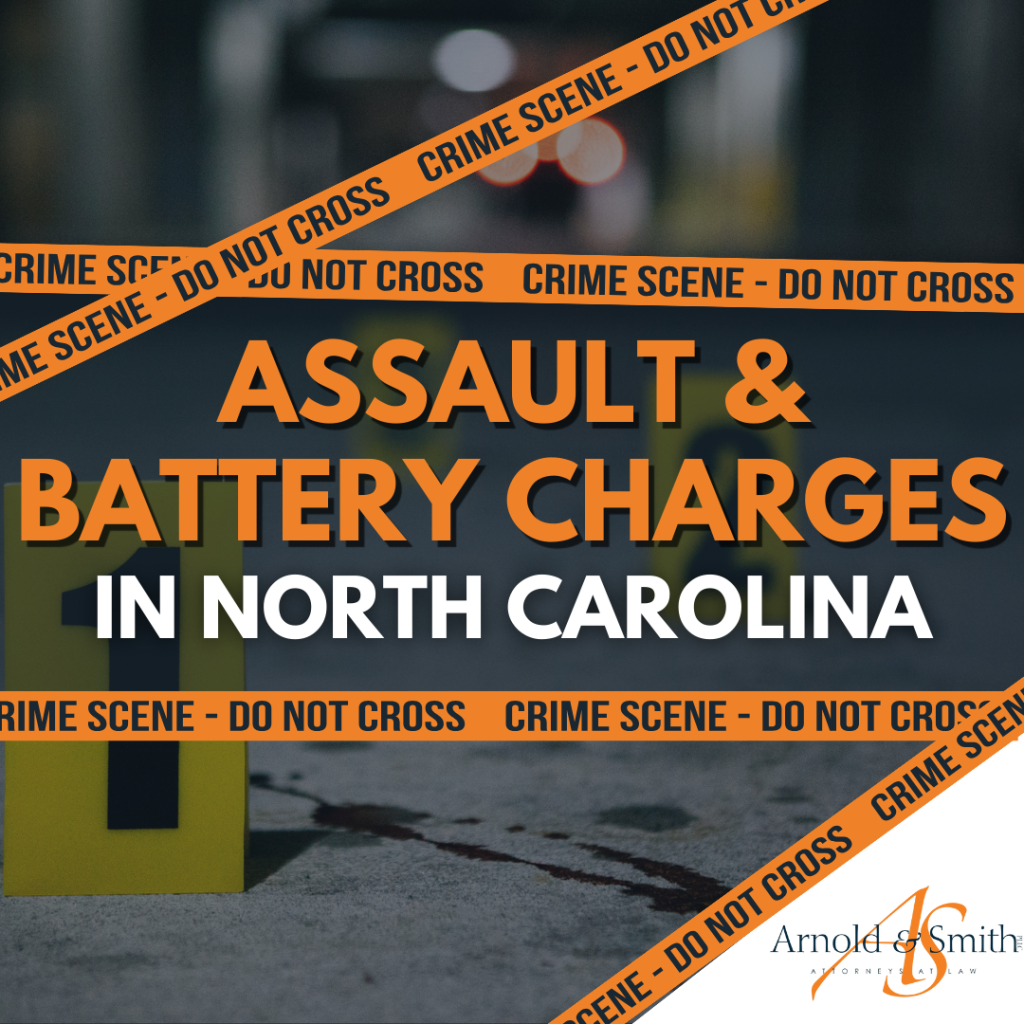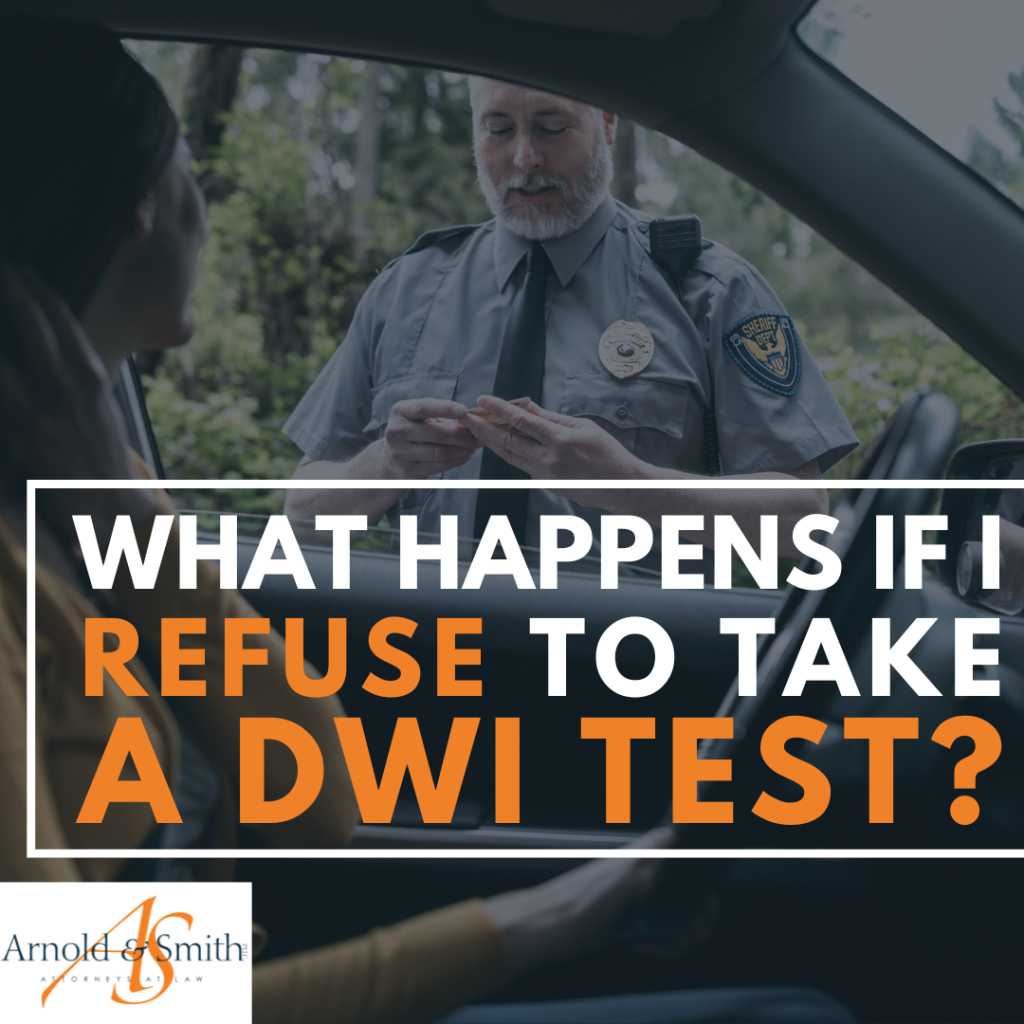 Signs of Intoxicated Drivers: Tips for Road Safety During the Holidays
Signs of Intoxicated Drivers: Tips for Road Safety During the Holidays
Many of us drive to and from holiday parties during the holiday season and are busy running errands. Unfortunately, during the holiday season, drunk driving can put other drivers at risk of being injured in a car accident. Drivers may drink too much alcohol at a party or work event and decide to drive anyway, putting everyone else on the road in danger. Understanding the signs of intoxicated drivers can help you protect yourself on North Carolina roads this holiday season.
- Erratic Lane Changes
 Charlotte Criminal Lawyer Blog
Charlotte Criminal Lawyer Blog










